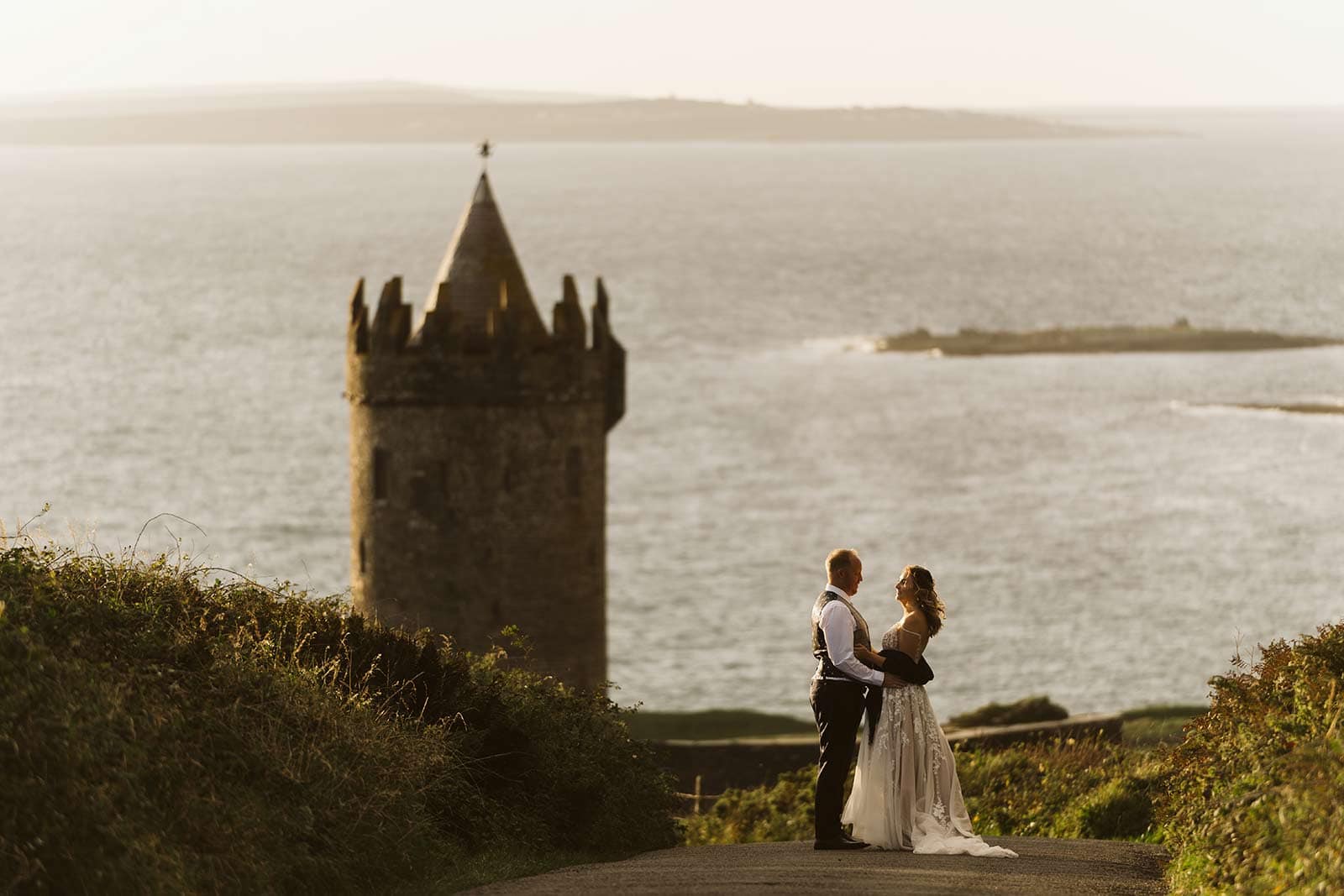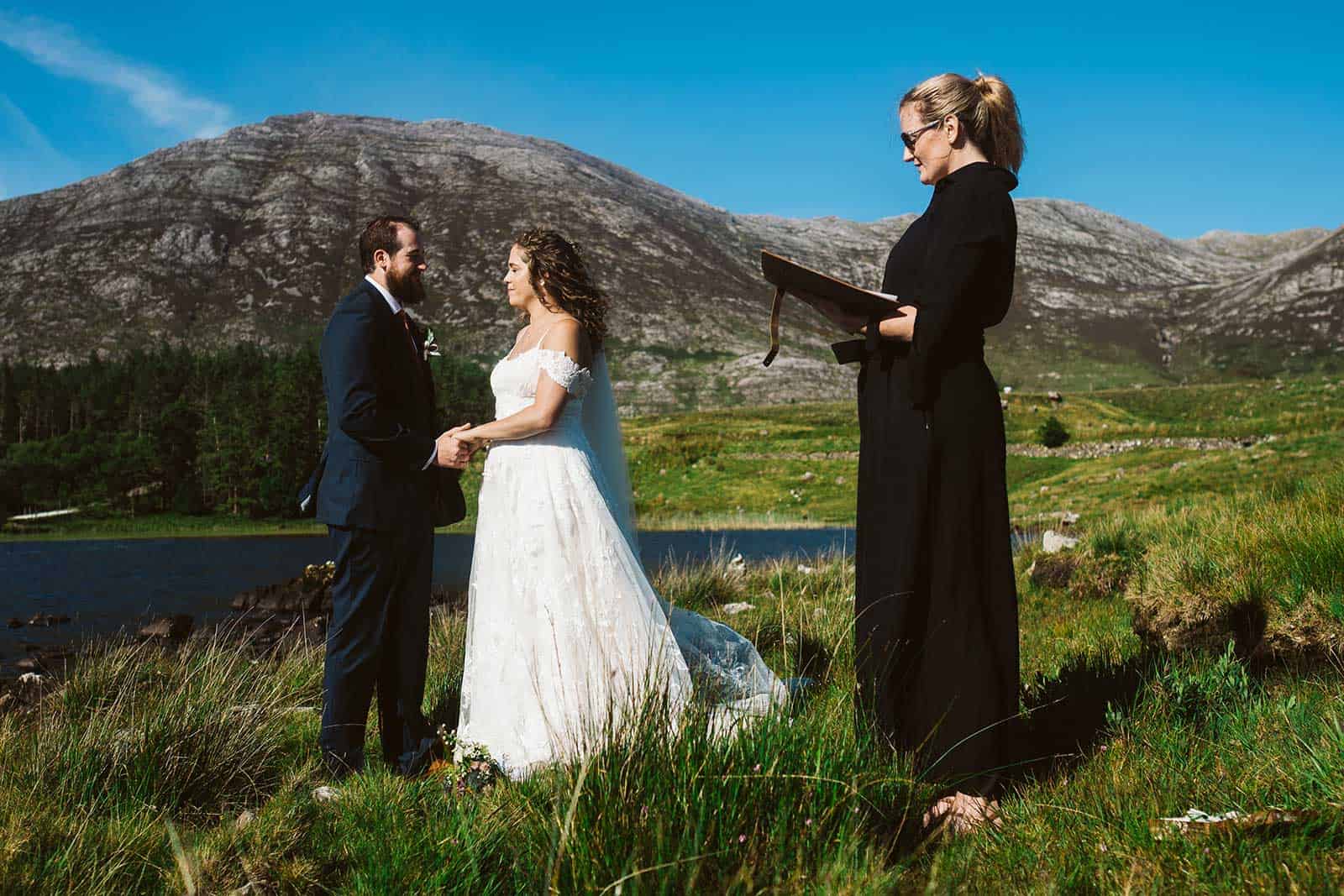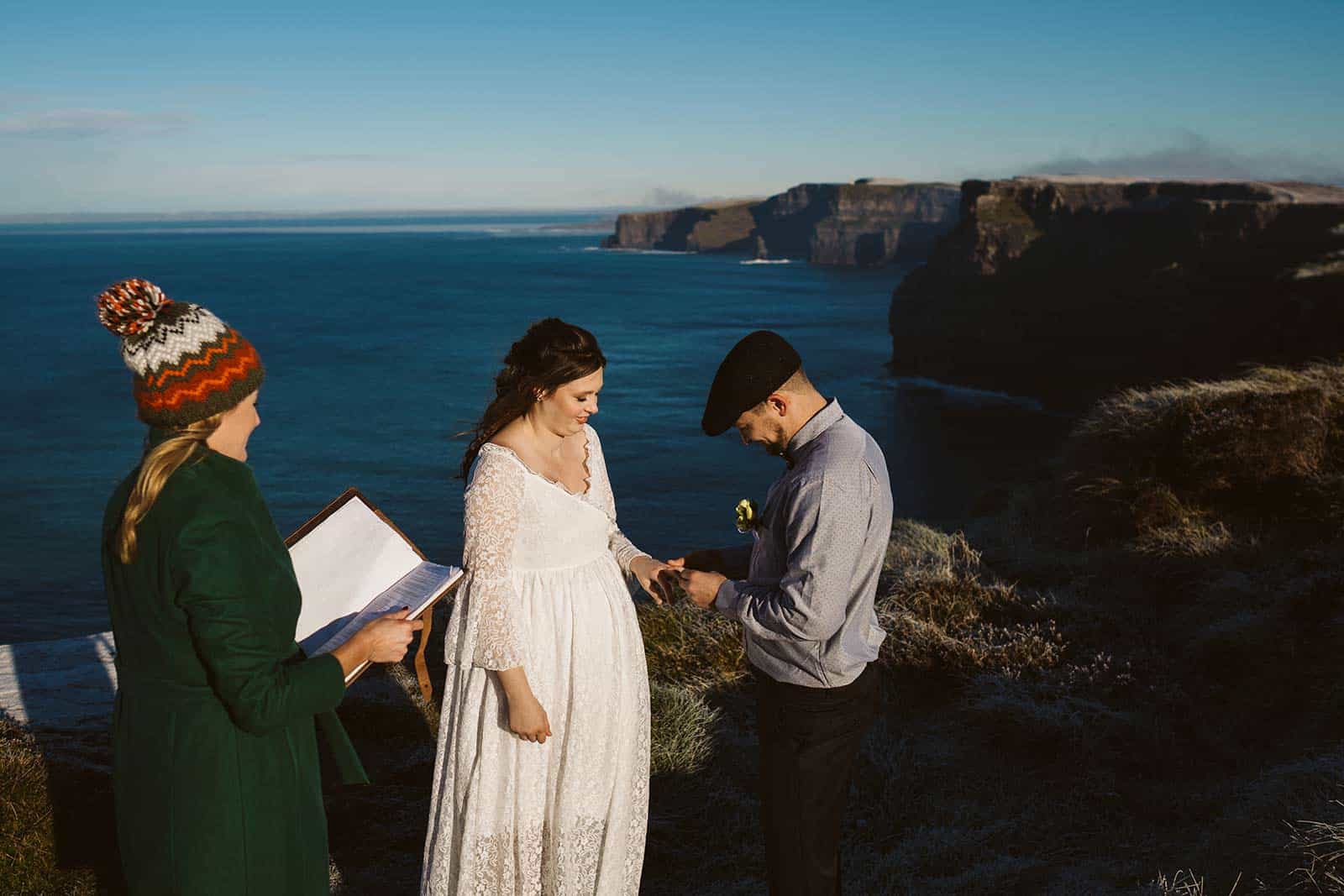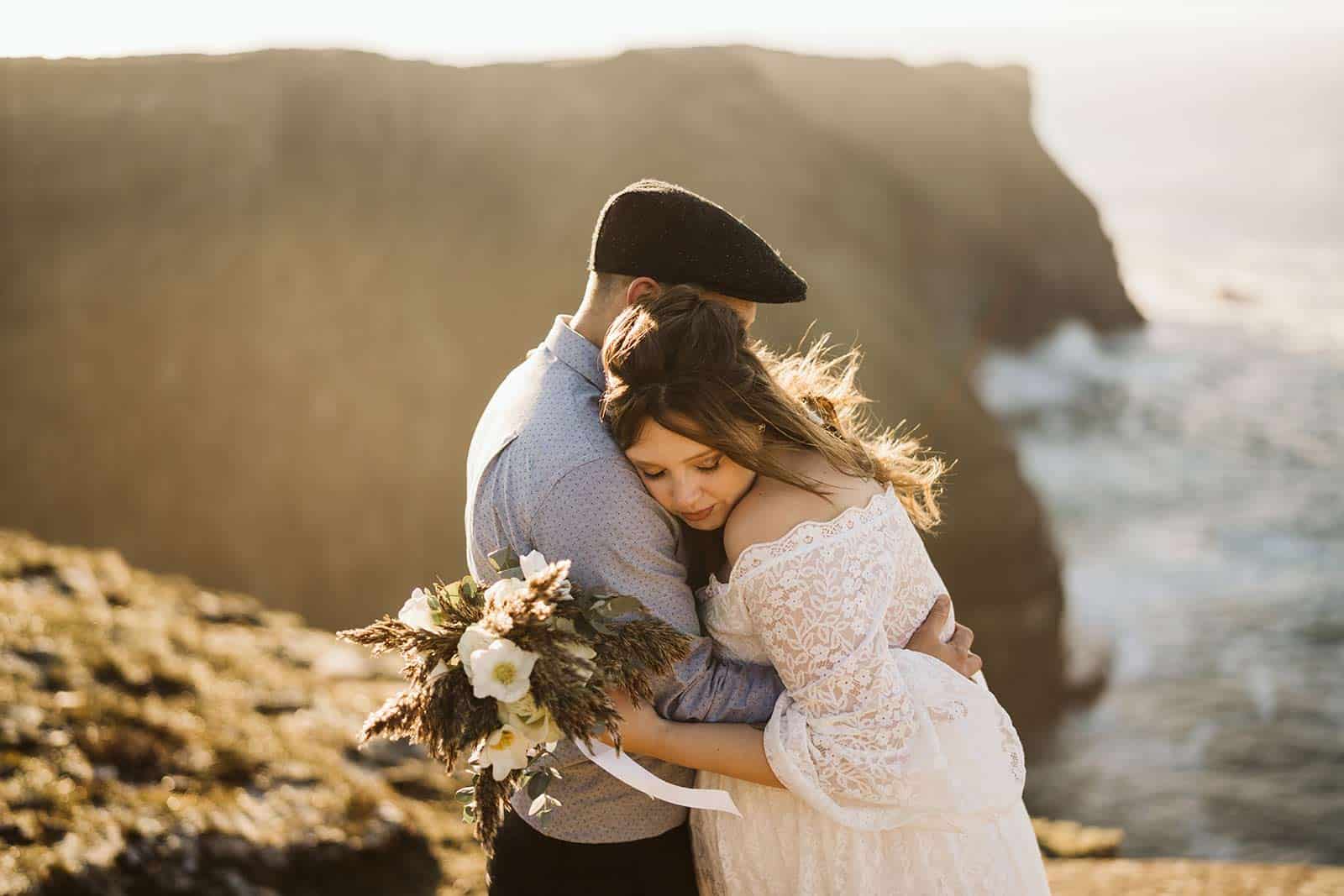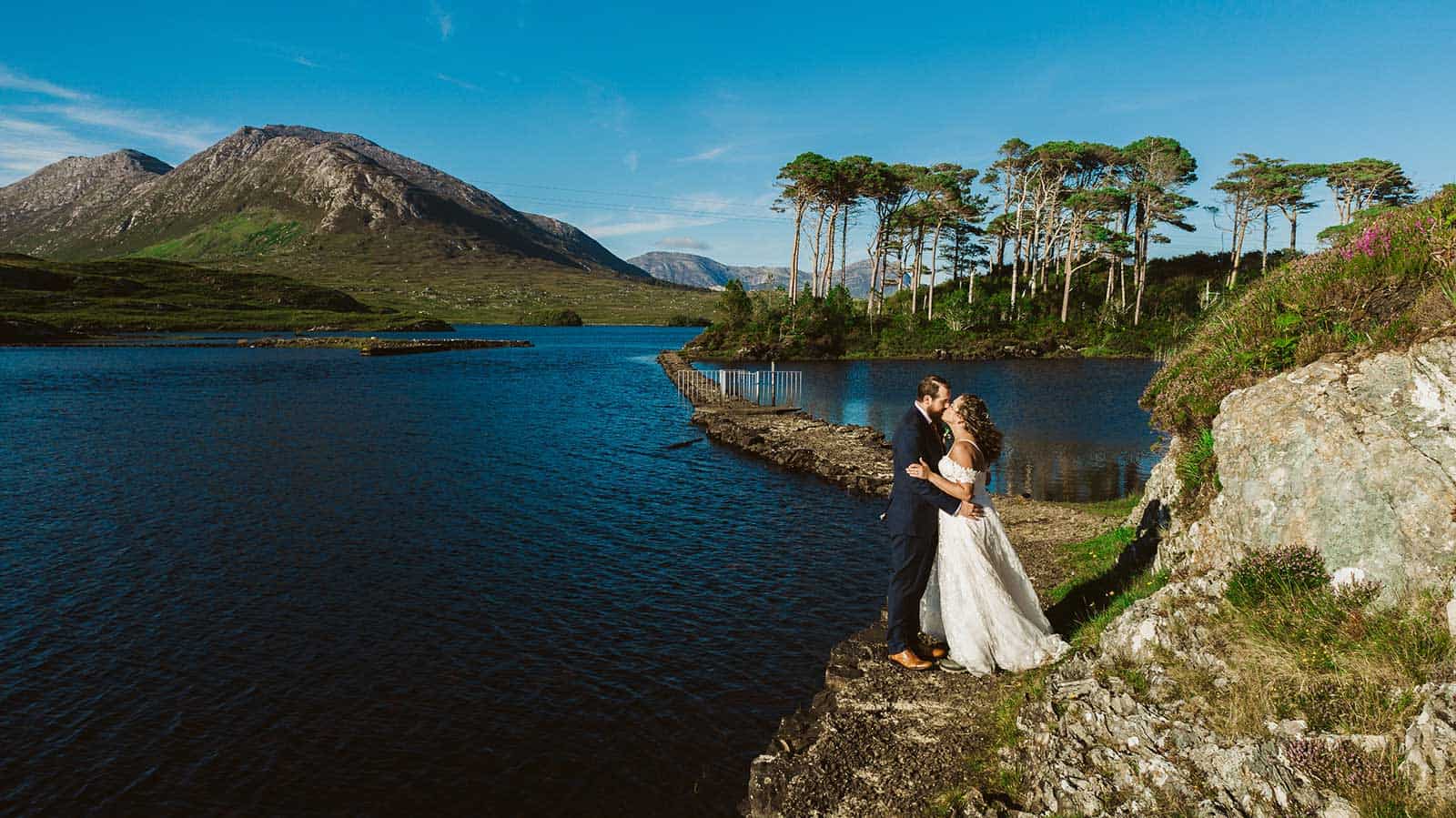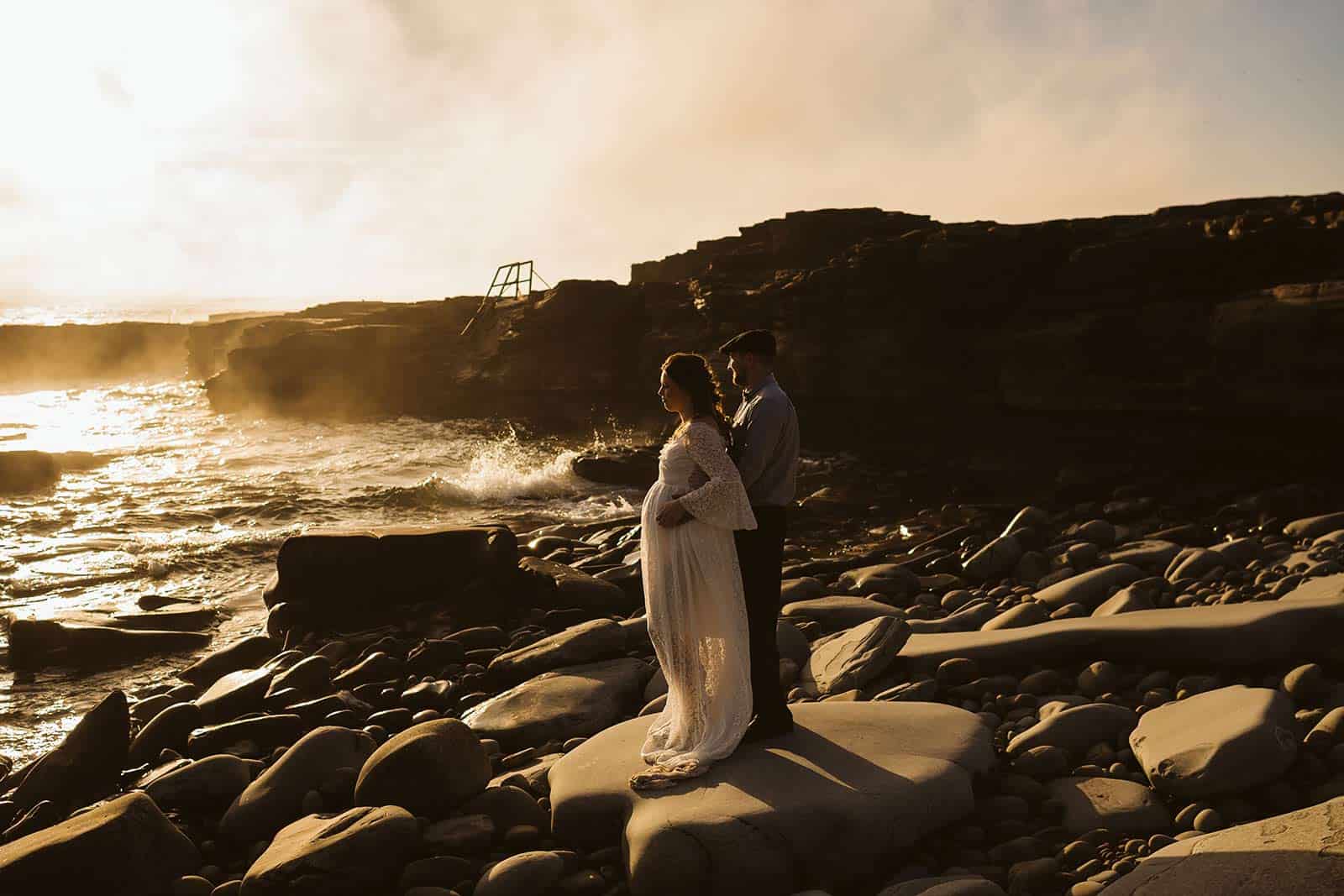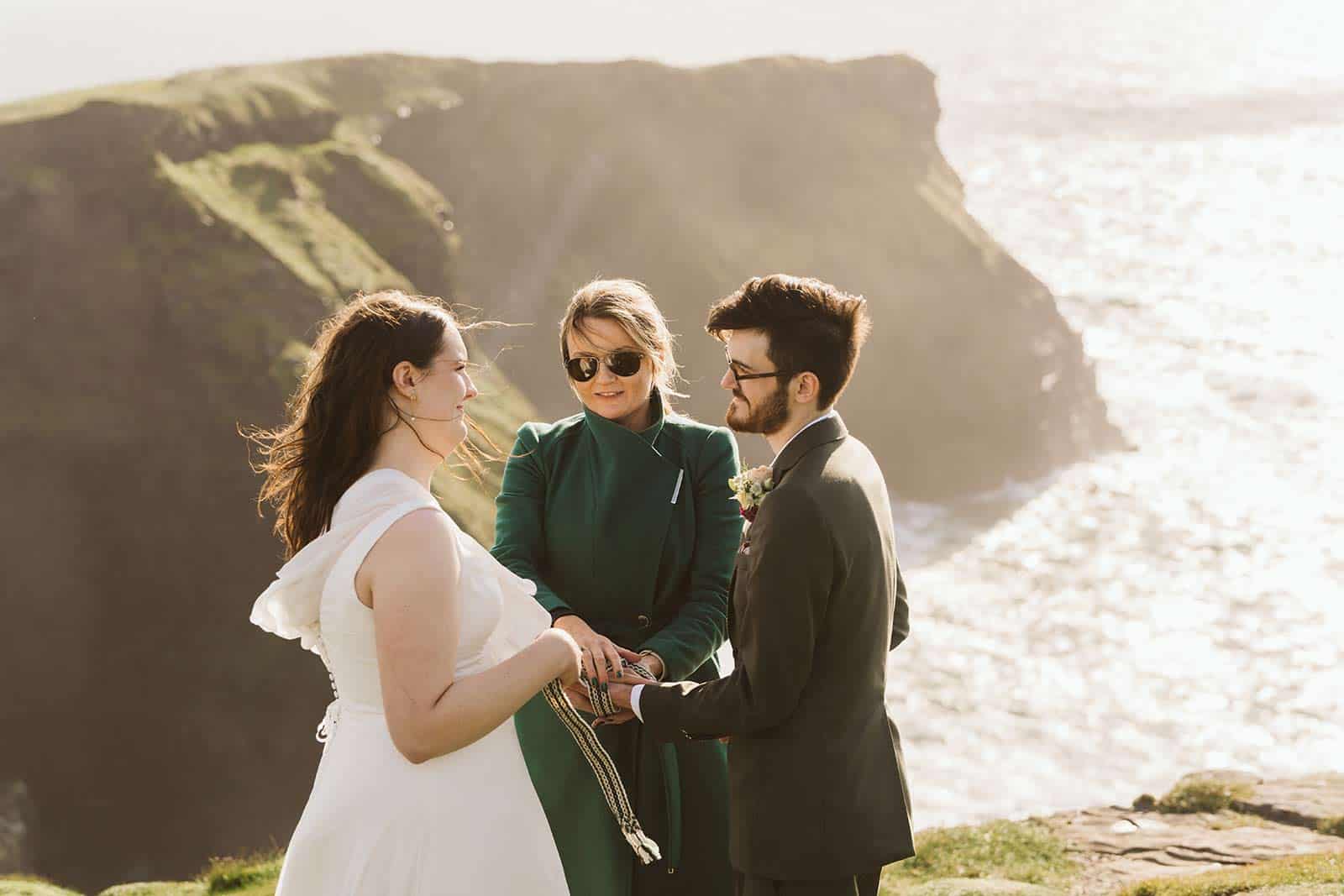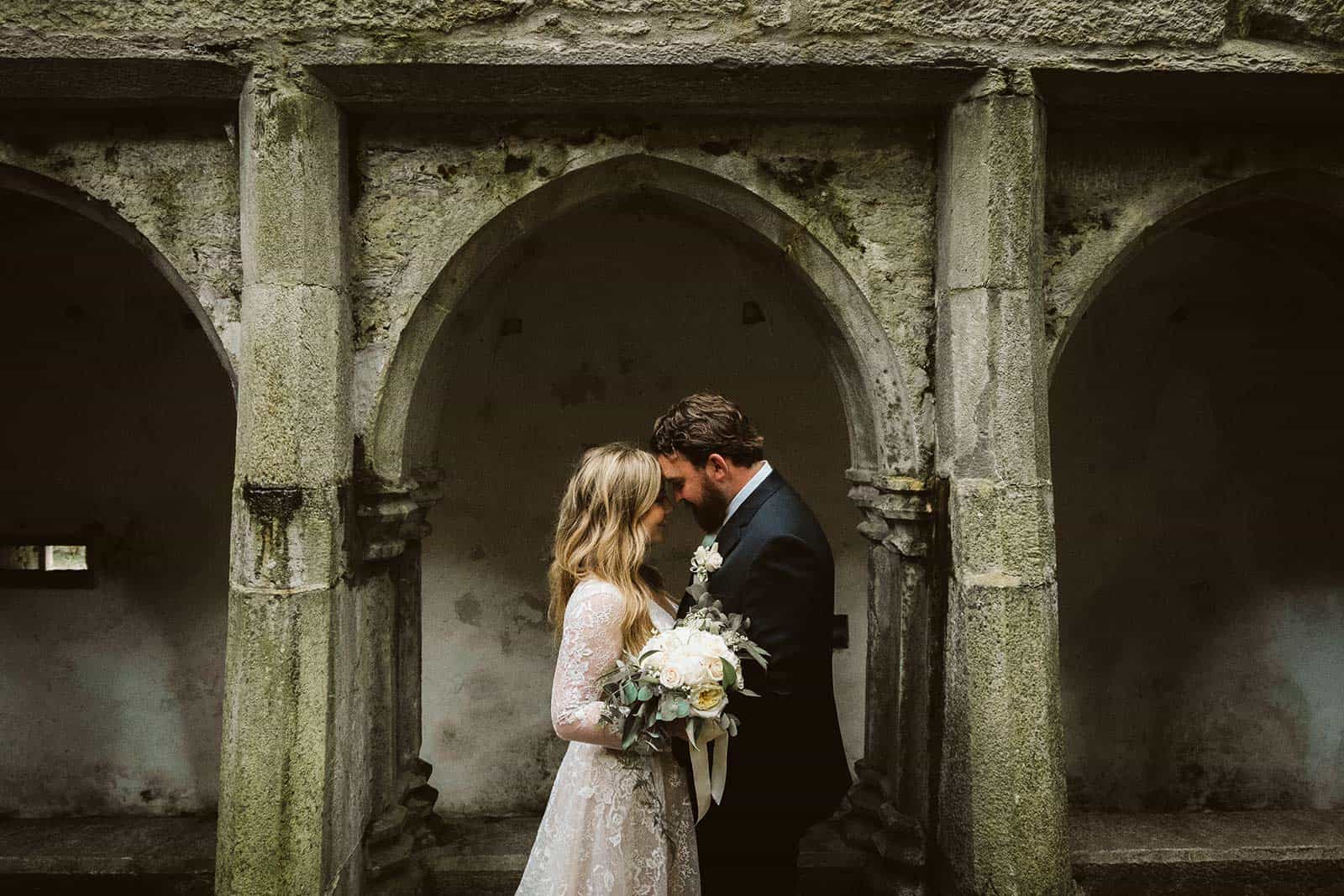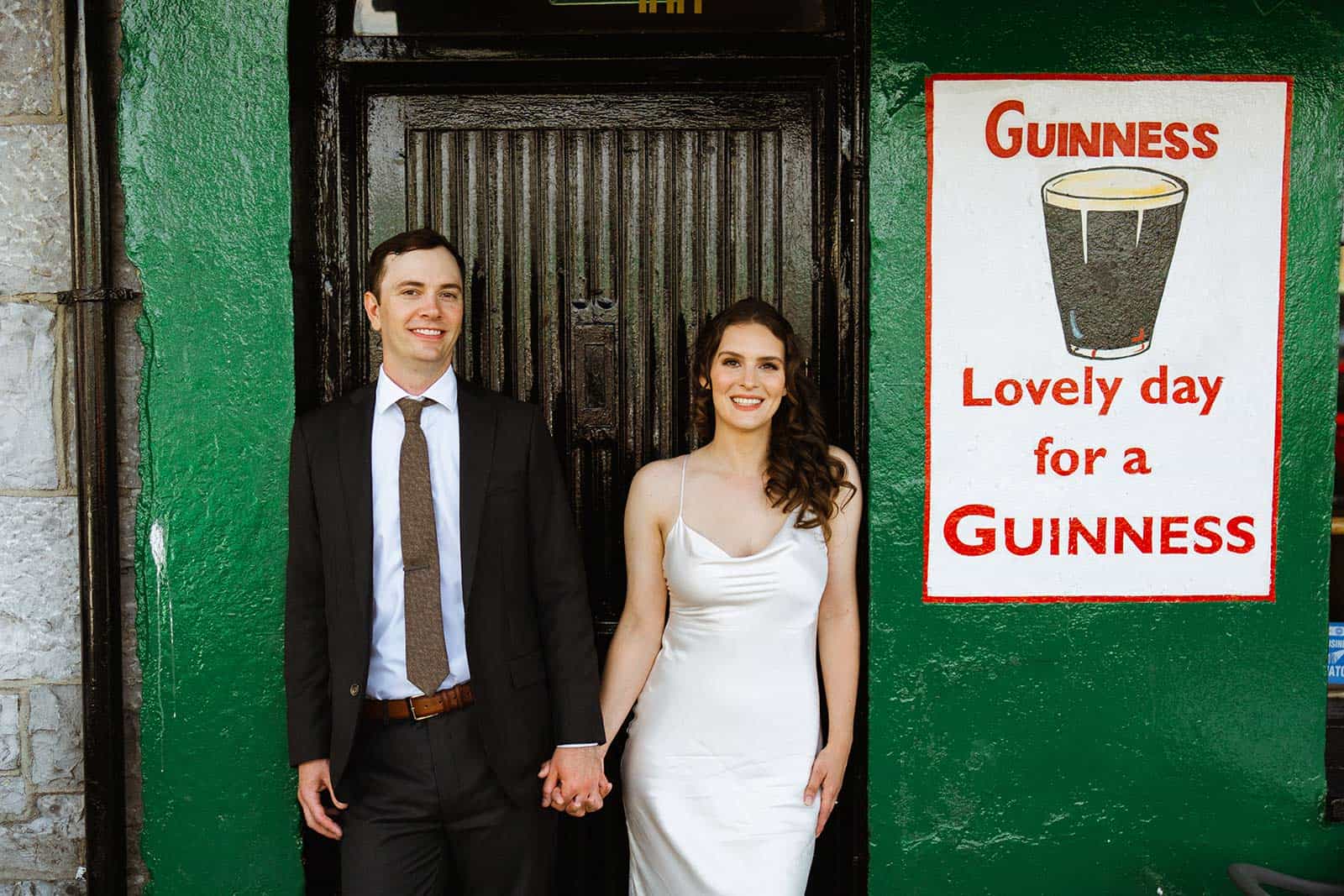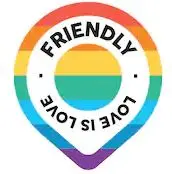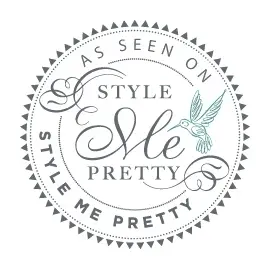How do we get married in Ireland?
You can have a Symbolic or Legal Marriage in Ireland. Twin Flames can offer both.
What’s the difference?
Symbolic ceremonies are not legal.
Legal ceremonies follow Ireland’s marriage laws and require a Solemniser. I am a registered Solemniser and can perform legal ceremonies.
What are our options?
Option 1
Some couples do the legal part in the US to bypass the legalities and have a symbolic ceremony in Ireland.
A great idea is to have a friend file you marriage license in the US or Canada on the day of your elopement in Ireland so you have the same anniversary!
This means you don’t have to worry one bit about it on your trip. There are no forms or meetings to attend.
We then create a symbolic ceremony with you that we perform on your elopement date. It opens up so many more beautiful locations as you can pretty much do this anywhere on public lands.
Option 2
If you decide to have a legal marriage in Ireland you will have to contact the HSE registration offices.
Based on Ireland marriage laws, they will send you an application form.
You then have to fill the paperwork and provide all the documentation requested. This has to be submitted at least 3 months before your ceremony.
If you have been married before you should submit the application even earlier than 3 months as you must provide all the paperwork from your divorce, which is then sent to the offices in Roscommon where the legal clerks review it.
Once authorized, you can make a date for an appointment with the HSE office.
This needs to be approximately 5 days before your ceremony. You need to be in Ireland for about 5 days before the date of your ceremony.
There is a fee of €220 for this process paid directly to the HSE.
You now have your MRF form or the green folder.
This needs to be brought with you and signed by the registered solemniser or the HSE registrar.
Twin Flames are registered to legally marry you in Ireland.
There are certain criteria about where you can have a legal ceremony and you must abide by Ireland’s marriage laws. They need to be held in a building that’s open to the public and doesn’t charge an entrance fee. For example a hotel.
Option 3
You can sign the documents(MRF) in the civil offices with the HSE registrar and 2 witnesses and then have a symbolic ceremony wherever you choose.
This allows you to have a legal marriage in Ireland and have the freedom to have your symbolic ceremony wherever you choose.



Good to Know
If you legally marry in Ireland you will get an Irish wedding certificate.
You can then register your marriage in your home country.
If you require more wedding certificates or one in the future you need to contact the HSE in Ireland to get a copy.
If you legally marry in Ireland then its important to note that you would also have to legally divorce in Ireland.
In ireland the law states that you have to separate for 2 full years before you can apply for a divorce. The divorce then must be done through the Irish courts.
If you are interested in Eloping to Ireland and have any questions, feel free to contact me at [email protected] or you can fill out our contact form here.


